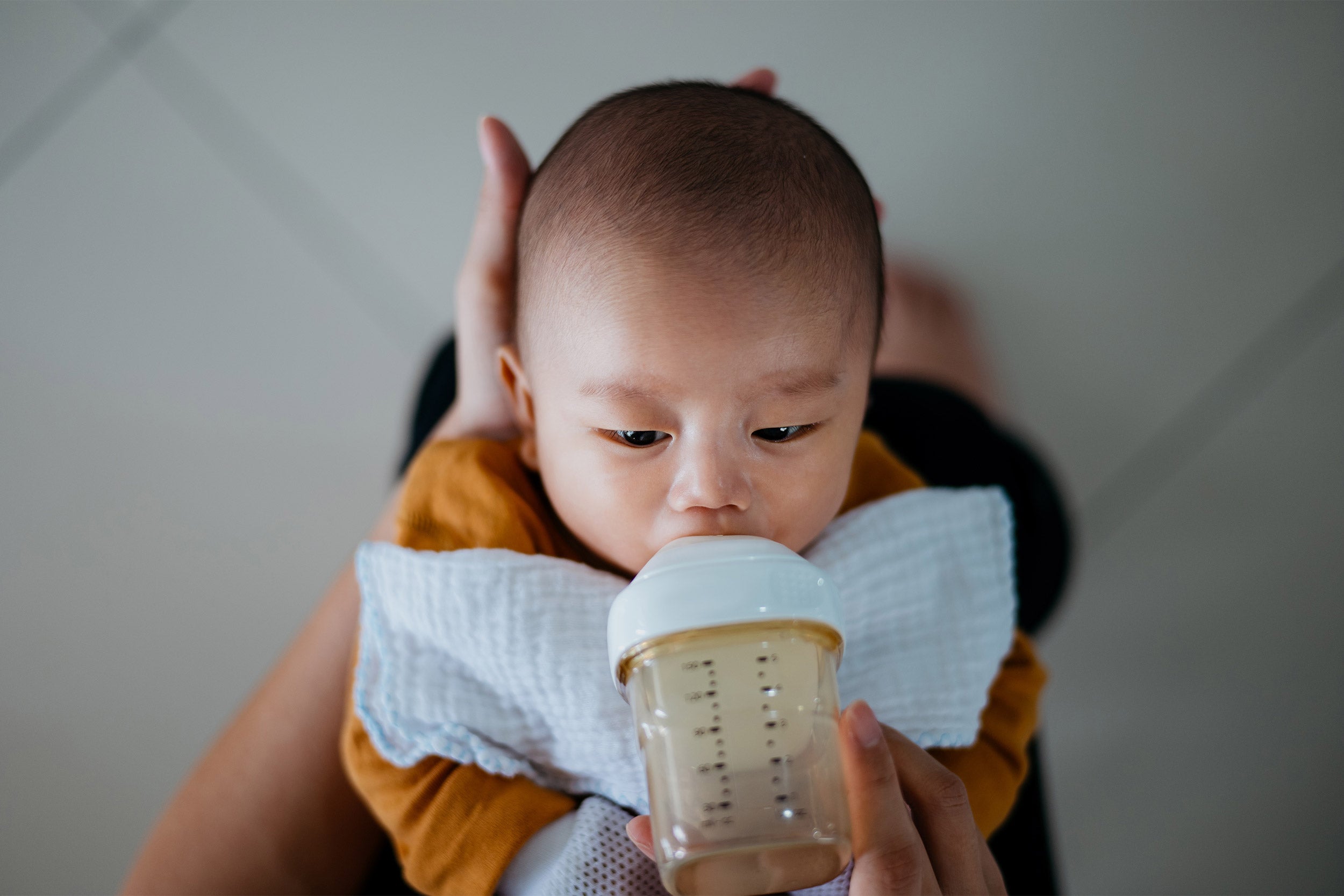
Experts believe it may take a while before baby formula production is fully restored.
iStock by Getty Images
Health
How to cope with baby formula shortage
What parents should know and do before the terror takes hold
It’s terrifying to think about not being able to feed your baby — and right now, with the baby formula shortage, parents all over the country are feeling exactly that terror.
The supply chain for baby formula had been tenuous for some time, but when Abbott Pharmaceuticals recalled many of their formula products — and closed down their biggest production facility in the U.S. — it literally caused a formula crisis. Many store shelves are empty of baby formula, and it isn’t easy to find online, either. While formula companies and the government are working to restore the supply, it may take a while before it’s easy to buy a can of formula. In the meantime, here are some do’s and don’ts for parents who use formula.
What parents should do during the formula shortage
- Try lots of different stores and websites. Most families are already doing this, but it’s worth saying.
- Put out the word to friends and family — the more people looking, the better.
- Check out social media. Many organizations, sites, and pages are offering information about where formula is available.
- Be willing to buy other brands besides your usual one, if your baby uses regular formula. It truly doesn’t matter, they are all remarkably similar.
- If your baby is on a specialized formula, check with your doctor as to which brands can be substituted.
- Only buy from reputable sites and sellers. You want to be sure that what you buy is the real thing.
- If you get formula through WIC or a medical supply company, call them to see if they can help.
- Call your doctor! This is particularly important if your child is on a specialized formula (in which case you absolutely must call them). But also call if you have any questions about what to give your baby and how to find it.
What parents shouldn’t do during the formula shortage
- Don’t dilute your formula. Not only is diluted formula lacking in calories, but it can be dangerous.
- Don’t buy formula directly from other countries. It’s not regulated by the FDA and may not be safe.
- Don’t make your own formula. It may not be safe.
- Don’t give plant-based milks, except soy milk for older babies (10 months or older). Many plant-based milks, such as almond milk, do not have enough nutrition for babies.
- Don’t give juice instead of milk. It definitely doesn’t have the nutrition babies need.
- Don’t hoard formula if you find it. As tempting as it might be, think of all the other families in the same boat you are. The American Academy of Pediatrics recommends buying no more than a 10- to 14-day supply.
To read the full story
This is an excerpt from an article that appears on the Harvard Health Publishing website.
Claire McCarthy is a senior faculty editor as Harvard Health Publishing, a primary care pediatrician at Boston Children’s Hospital, and an assistant professor of pediatrics at Harvard Medical School.